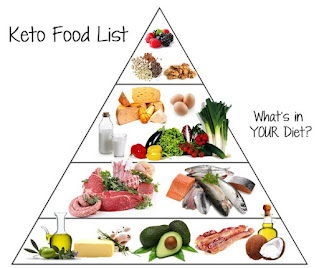Water is often hailed as the elixir of life, essential for our overall well-being and bodily functions. Staying hydrated is undoubtedly important, but there is a common belief that consuming a fixed amount of water, such as 4 liters per day, is necessary for optimal health.
In this blog post, we’ll delve into the truth behind this notion and explore whether drinking 4 liters of water each day is truly beneficial or potentially unhealthy.
Understanding Daily Water Requirements:
The amount of water needed varies based on factors like age, weight, physical activity, climate, and overall health. The commonly recommended guideline is to drink eight 8-ounce glasses of water per day, which is roughly equivalent to about 2 liters. However, it’s crucial to note that this is a general guideline and not a one-size-fits-all rule.
The Importance of Individuality:
Our bodies are unique, and our water needs can differ significantly. While some individuals may thrive with 2 liters of water per day, others may require more due to higher activity levels, perspiration, or medical conditions. It’s essential to listen to your body’s signals and adjust your water intake accordingly.
Potential Risks of Excessive Water Consumption:
While staying hydrated is vital, consuming excessive amounts of water can lead to a condition called water intoxication or hyponatremia. This occurs when the body’s electrolyte balance, particularly sodium levels, is diluted due to an excessive intake of water. Symptoms may include nausea, headache, confusion, seizures, and in severe cases, it can be life-threatening.
Finding the Right Balance:
Rather than fixating on a specific quantity like 4 liters, it’s more important to focus on maintaining a healthy balance of fluid intake. Besides water, other beverages, fruits, and vegetables also contribute to your overall hydration. Additionally, paying attention to your body’s thirst cues and the color of your urine can help gauge your hydration levels.
Factors to Consider:
When assessing your water needs, consider the following factors:
- Activity level: Engaging in vigorous exercise or spending time in hot climates may increase your fluid requirements.
- Medical conditions: Certain health conditions, such as kidney or heart problems, may require adjusting your water intake under medical supervision.
- Pregnancy or breastfeeding: Women in these stages often have increased water needs to support their own health and that of their baby.
- Medications: Some medications may affect your body’s water balance, necessitating adjustments to your fluid intake.
Conclusion:
While staying adequately hydrated is crucial, there is no one-size-fits-all answer to how much water you should drink each day.
Drinking 4 liters of water may be excessive for most individuals, but it’s essential to consider your unique needs, activity levels, and overall health.
Pay attention to your body’s signals, maintain a balanced approach to hydration, and consult with a healthcare professional if you have any concerns or specific health conditions.

.jpeg)
